
Loading...
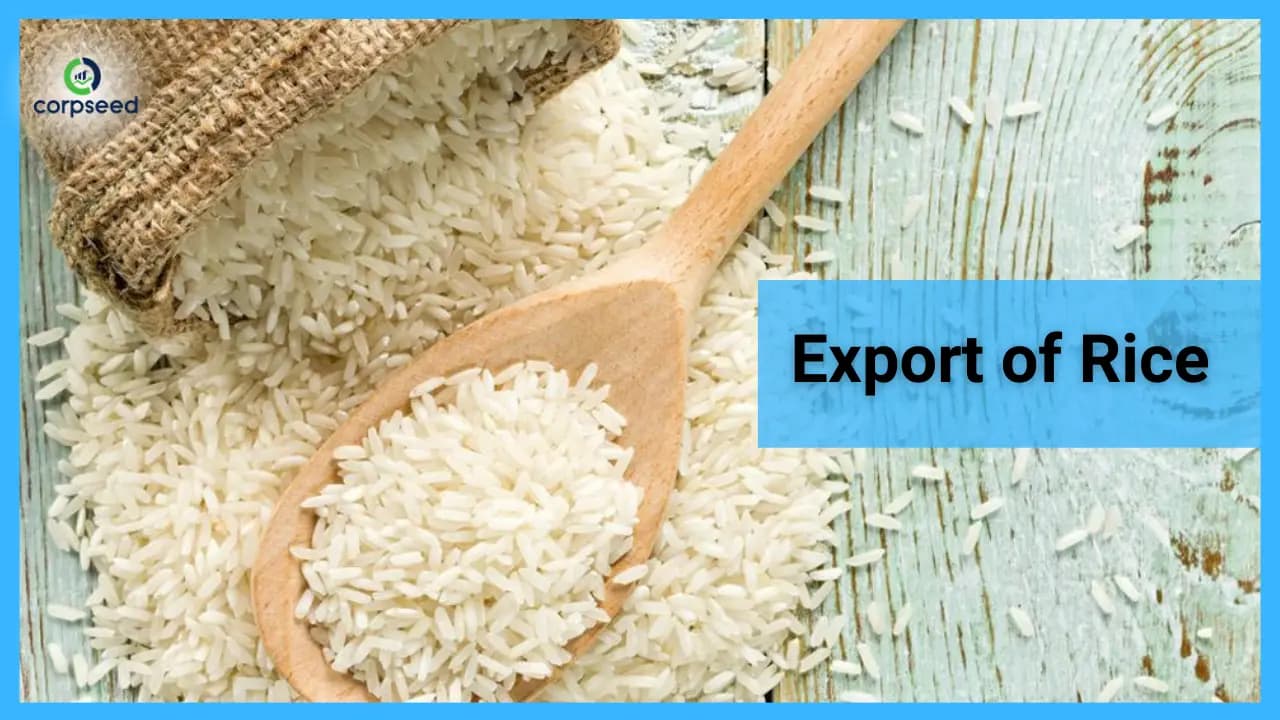
Produced an export value of 5315.535 Million USD in 2016. In the list of countries that export rice, India is followed by Thailand, which ranks second on the list.
About the Author

Experienced Digital Marketer with a demonstrated history of working in the Internet industry. He likes to write about the latest technology trends, Skilled in Digital Marketing likes. Search Engine Optimization, SMO, SEM, PPC, Content Writing, and, Designing, etc.
Related articles
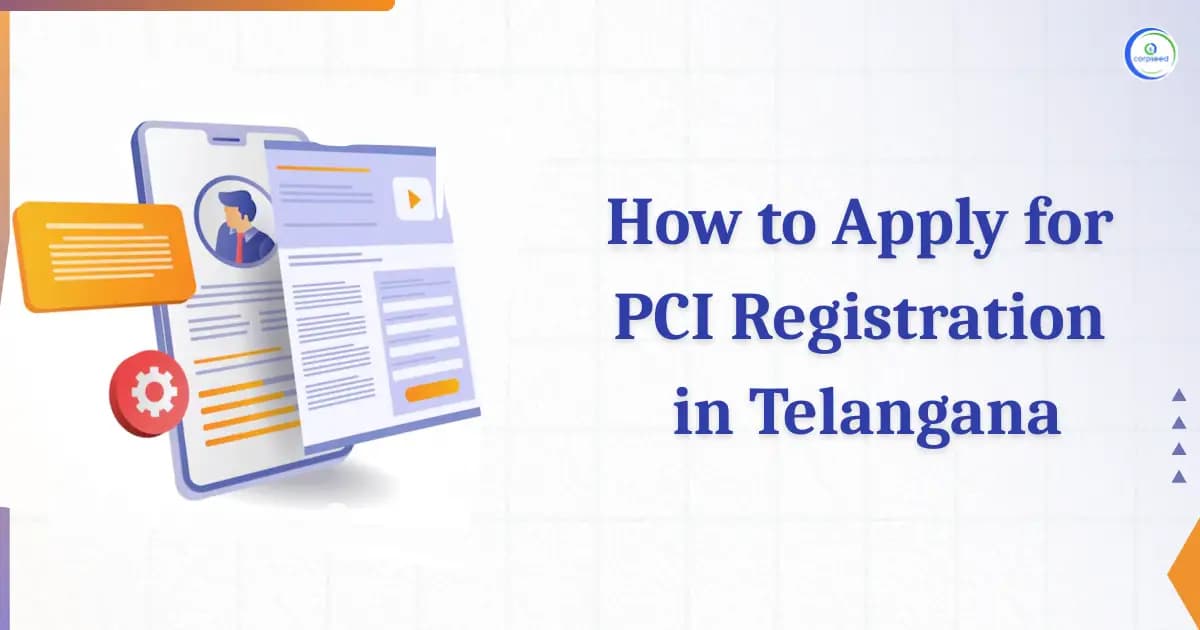
How to Apply for PCI Registration in Telangana
2025-12-23
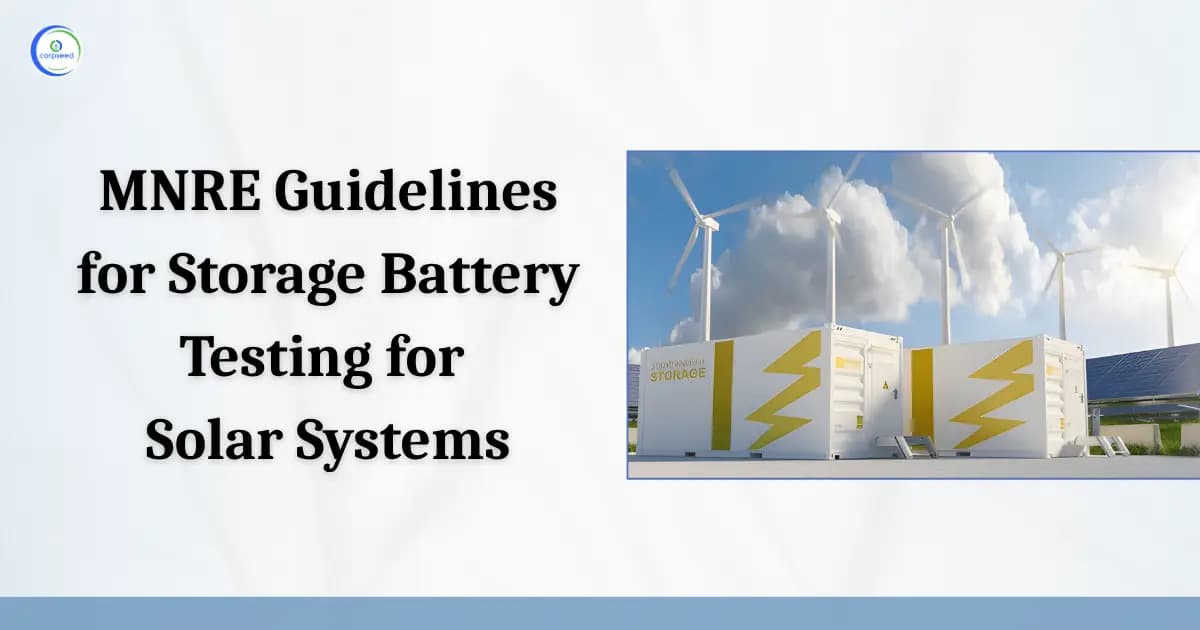
MNRE Guidelines for Storage Battery Testing for Solar Systems
2025-10-03
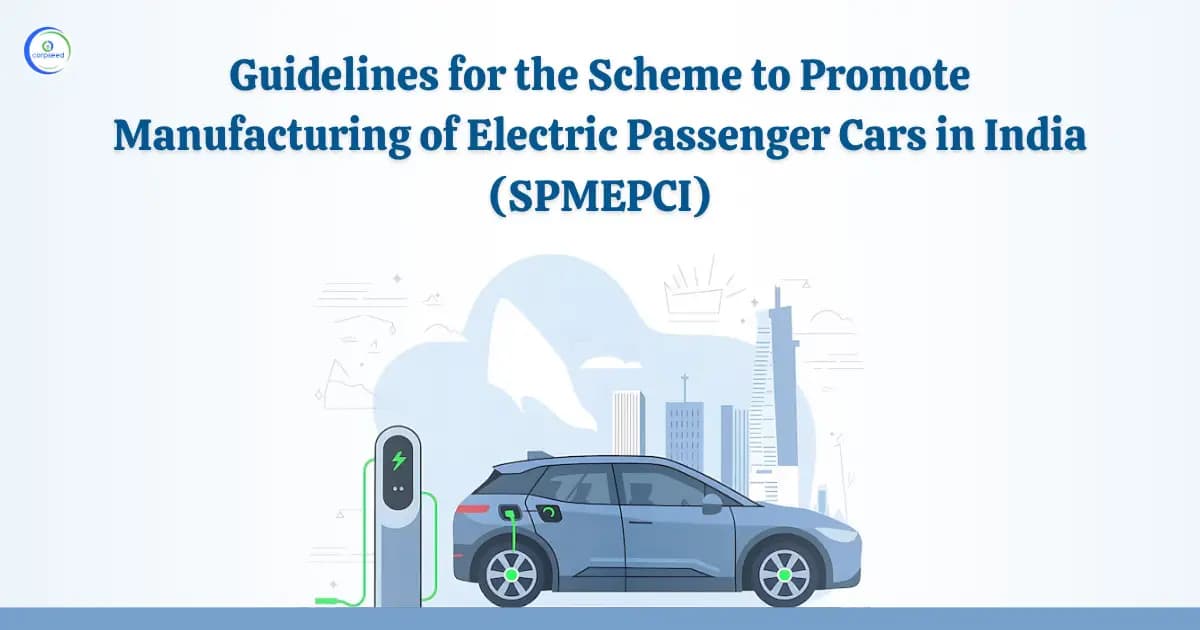
Guidelines for the Scheme to Promote Manufacturing of Electric Passenger Cars in India (SPMEPCI)
2025-06-03

Top 10 Factory Setup and Turnkey Setup Consulting Companies in India
2025-05-13
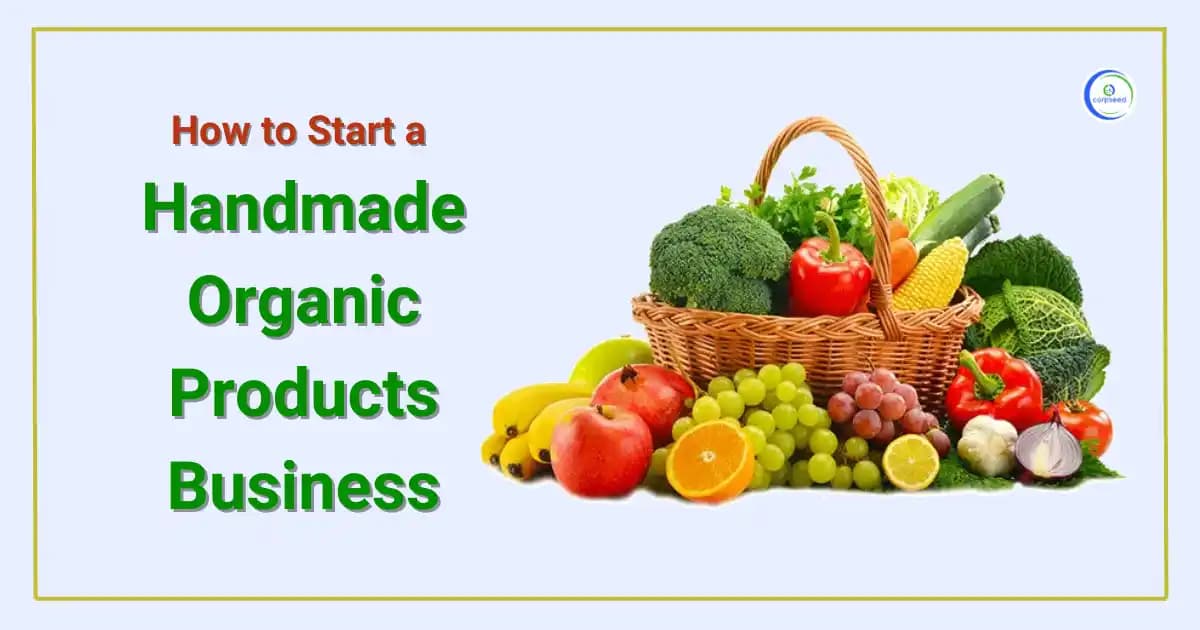
How to Start a Handmade Organic Products Business
2024-06-12

How to Setup Nursing Homes?
2024-05-31